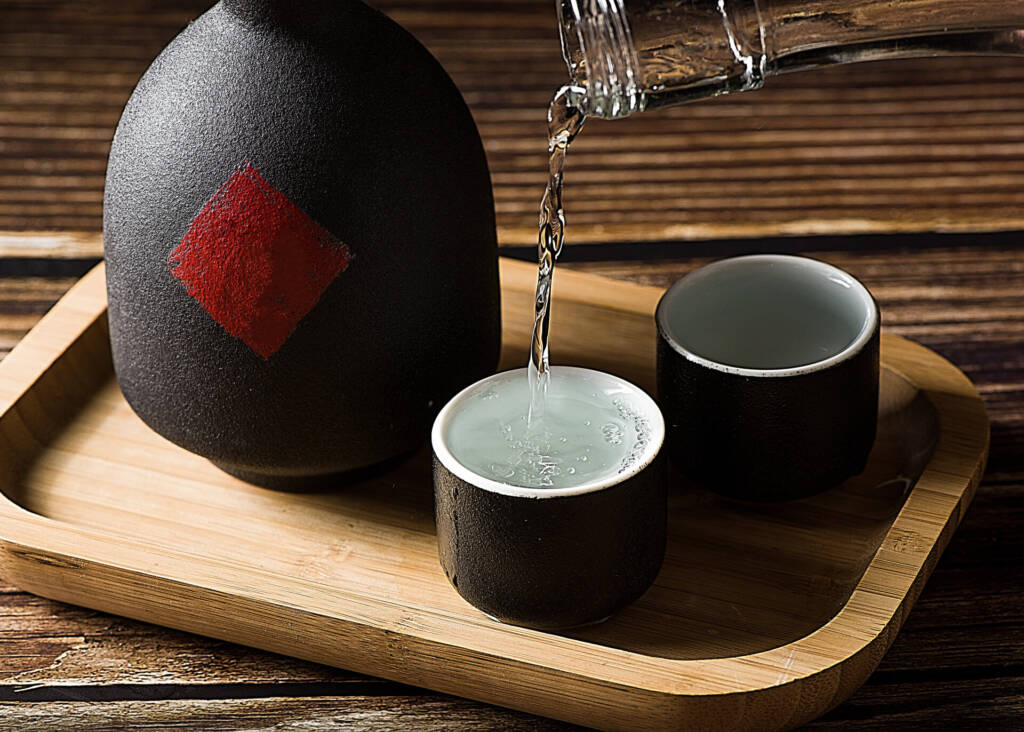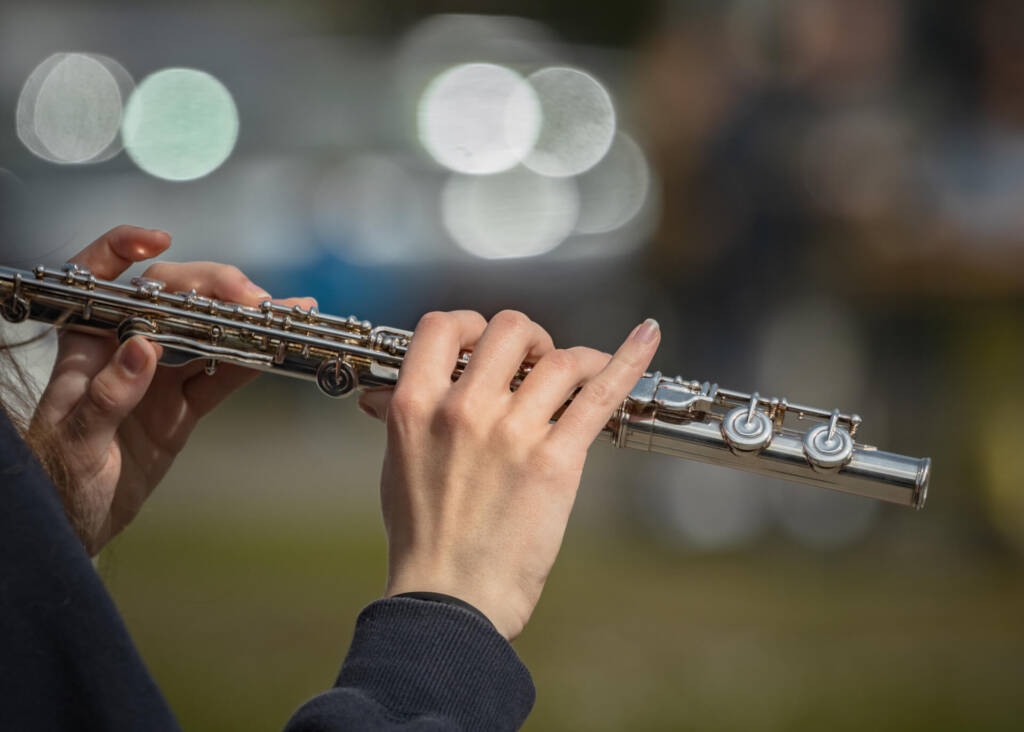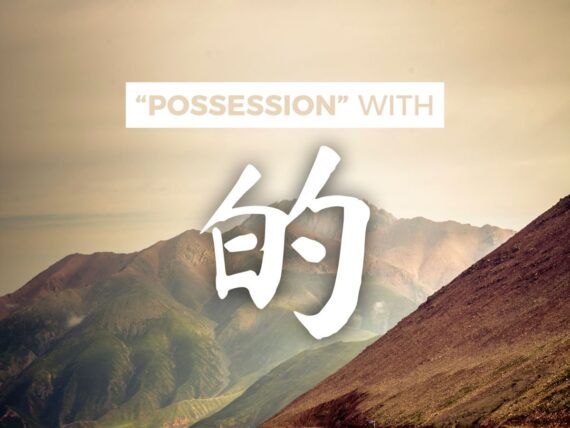“Not Only…, But Also…” In Chinese: Learning Correlative Conjunctions

How’s your Chinese coming along? What’s that? You’ve not only learned to write a thousand characters, but also blitzed the HSK exam, and landed yourself a job in China? Amazing!
Or maybe you are not the best student. You’ve been busy with work. There are meals to cook, kids to feed, and chores to be done. Not only that, but also learning Chinese can be such a daunting task. Whatever your situation, learning how to use correlative conjunctions to say “not only… but also” in Chinese will help you to better express your point, emphasize your reasons, or proffer a handy excuse.
The easy way to say “not only…, but also…” in Chinese
Looking for an easy way to say “not only… but also” in Chinese? The 不但 bùdàn… 而且 érqiě… structure is the one to use. The parts combine something like this:
[Subject] + 不但 bùdàn + [Adjective / Verb], 而且 érqiě + [Adjective / Verb] …
That might look complicated, but it’s actually pretty easy once you get the hang of it. Let’s look at some examples:
他不但帅而且有钱。
Tā bùdàn shuài érqiě yǒuqián.
He’s not only handsome but also rich.
Imagine a mother trying to convince her daughter about the merits of a potential partner (not uncommon in China). She emphasizes his good qualities using the correlative conjunction. Not only is the man handsome, but also rich.
You can also use the “not only…, but also…” structure in Chinese to underscore something or make it more emphatic. In China, it’s common for business deals to be discussed over a meal, often involving a fair amount of baijiu (a strong Chinese liquor).
If you have no wish to drink, correlative conjunctions may help you to form an excuse. When asked the question 你能喝白酒吗?Nǐ néng hē báijiǔ ma? (“Can you drink bai jiu?”), you can answer:
不好意思,我不但酒量差,而且对酒精过敏
Bù hǎoyìsi, wǒ bùdàn jiǔliàng chà, érqiě duì jiǔjīng guòmǐn
Sorry, I’m not only a poor drinker but also allergic to alcohol.
On the other hand, if you want to impress your potential client or business partner, use the “not only…, but also…” pattern to emphasize your passion for China’s tipple of choice. In that case, answer:
我不但能喝白酒,而且能喝很多
Wǒ bùdàn néng hē báijiǔ, érqiě néng hē hěnduō
Not only can I drink bai jiu, I can drink a lot.
Note that although the “but also” in the above example seems redundant in English translation, it sounds emphatic in Chinese.

Using 不但 bùdàn… 而且 érqiě… with only one subject
When both clauses refer to a single subject, the subject should precede both 不但 and 而且. Therefore, if your mother is an exceptionally accomplished musician, you might say:
我妈妈不但会吹长笛,而且会弹钢琴、小提琴和吉他
Wǒ māmā bùdàn huì chuī chángdí, érqiě huì tán gāngqín, xiǎotíqín hé jítā
Not only can my mom play the flute, she also plays the piano, the violin, and the guitar.
When there is only one subject, beginning the sentence with 不但 is incorrect. If you start a sentence with 不但我妈妈会吹长笛… Bùdàn wǒ māmā huì chuī chángdí… (“Not only can my mother play the flute…”), it sounds as though you are going to speak of two different subjects. Perhaps you have a very musical family. Not only does your mom play the flute, but also your dad is a pianist, your sister plays a mean saxophone, and your brother is a prodigy on the drums.

Using 不但 bùdàn… 而且 érqiě… with two or more subjects
When using 不但… 而且… to refer to two different subjects, each subject precedes the relative correlative conjunction. The structure looks like this:
不但 bùdàn [Subject 1] + [Adjective / Verb], 而且 érqiě [Subject 1] + [Adjective / Verb]
Here, 不但 and 而且 place emphasis on the subjects rather than their predicates. Imagine you have a popular teacher at your school, the kind of teacher loved by all their students. In that case, you can say:
不但我喜欢罗老师的课,而且其他同学都认为有意思
Bùdàn wǒ xǐhuān luō lǎoshī de kè, érqiě qítā tóngxué dōu rènwéi yǒuyìsi
Not only I like Mr. Luo’s class, but the other students think it’s interesting too.
Why limit yourself to two subjects when you could have three, or four, or five? For example, many businesses close for at least a day or two during the Spring festival. You might wake up to this picture:
不但商店都关门,而且银行,邮局,和电影院也是
Bùdàn shāngdiàn dōu guānmén, érqiě yínháng, yóujú, hé diànyǐngyuàn yěshì
Not only are the shops closed, but also the banks, the post office, and the cinema too.

Other words for “but also…” in the Chinese language
Although 不但 bùdàn is most commonly paired with 而且 érqiě, Chinese grammar permits the use of many other words. Whatever the various parts, in the following examples the sentence pattern remains the same.
也 – Yě
也 yě is one of the Chinese adverbs commonly used in correlative conjunctions. When used with 不但 to express “not only…, but also…” in Chinese, the “but” is implied. The meaning still remains the same:
这家饭店不但好吃,也很便宜
Zhè jiā fàndiàn bùdàn hǎochī, yě hěn piányí
[The food at] this restaurant is not only delicious but also very cheap.
还 – Hái
Translations of the Chinese word 还 hái into English include everything from “still” and “yet” to “fairly,” “even,” and “as well.” Use 还 “not only…, but also…” in sentences like this one:
我们不但要提高产量,还要保证质量
Wǒmen bùdàn yào tígāo chǎnliàng, hái yào bǎozhèng zhìliàng
We not only want to increase the quantity of products, but also to ensure their quality.
更 – Gèng
Use 更 gèng in place of 而且 érqiě, 还 hái, or 也 yě when you want to emphasize that one clause or situation is more significant or impactful. While the translation into English will commonly render 更 as “but also,” in Chinese it’s more like saying “in addition” or “moreover:”
学习中文不但方便在中国的生活,更帮助你了解中国的文化。
Xuéxí zhōngwén bùdàn fāngbiàn zài zhōngguó de shēnghuó, gèng bāngzhù nǐ liǎojiě zhōngguó de wénhuà.
Learning Chinese will not only make life in China more convenient, but also help you to understand Chinese culture.

甚至连 – Shènzhì lián
Use 不但… 甚至连 to make a “not only…, but even…” sentence in Chinese. When there is only one subject, the sentences can be quite simple. For example:
她不但不吃肉,甚至连鸡蛋也不吃
Tā bùdàn bù chī ròu, shènzhì lián jīdàn yě bù chī
Not only she doesn’t eat meat, but she doesn’t even eat eggs.
For multiple subjects, the structure gets a little complicated. It will look something like this:
不但 bùdàn [Subject 1] + [Situation] ,甚至连 shènzhì lián + [Subject 2] + 也 yě + [Related Situation]
This pattern enables you to make some long and complex sentences in Chinese, such as:
该网站提供了各种类型的重要研究的链接,不但语言学家可以用它来讨论汉语的细节,甚至连学生也可以用它来提问和收索答案。
Gāi wǎngzhàn tígōngle gèzhǒng lèixíng de zhòngyào yánjiū de liànjiē, bùdàn yǔyán xuéjiā kěyǐ yòng tā lái tǎolùn hànyǔ de xìjié, shènzhì lián xuéshēng yě kěyǐ yòng tā lái tíwèn hé shōusuǒ dá’àn.
This website provides a link to various types of important research. Not only can linguists use it to discuss details of the Chinese language, but even students can use it to find answers to their questions.
反而 – Fǎn’ér
反而 is the Chinese equivalent of “but actually” or “on the contrary.” Use it to contrast two clauses in sentences like this:
雨不但没停,反而下得更大
Yǔ bùdàn méi tíng, fǎn’ér xià dé gèng dà
Not only did the rain not stop, but it actually rained even harder.

Other words for “not only…” in the Chinese language
The 不但… 而且 structure may be the most common Chinese grammar pattern for saying “not only…, but also…” but it’s far from the only one. The following Chinese words are roughly the same in terms of usage and formality level. All three examples carry the meaning of “not only” and can be used in combination with 而且 érqiě, 也 yě, 还 hái, or 更 gèng.
不仅 – Bùjǐn
Bùjǐn 不仅 means the same thing as 不但. You’ll notice that you can use the words interchangeably. While 不但 is most commonly paired with 而且, 不仅 is more often found in combination with 也 yě or 还 hái, as in the following sentence:
她不仅会读汉字,还会唱流行歌曲
Tā bùjǐn huì dú hànzì, hái huì chàng liúxíng gēqǔ
Not only can she read Chinese characters, but she can also sing popular songs.
不只 – Bùzhǐ
Just like 不但 and 不仅, the word bùzhǐ 不只 also has the meaning of “not only” or “not merely.” The usage is the same for all three phrases:
你的报告不只写得啰嗦,而且没有回答主要问题
Nǐ de bàogào bùzhǐ xiě dé luōsuo, érqiě méiyǒu huídá zhǔyào wèntí.
Your report was not only poorly written, but it also didn’t answer the main question.

不光 – Bùguāng
As an adverb, bùguāng 不光 means “not the only,” in sentences like this:
来晚的不光是他一个人
Lái wǎn de bùguāng shì tā yīgè rén
He was not the only one who arrived late.
You can also use 不光 bùguāng as a conjunction to express a progressive relationship in Chinese. For example:
她不光很聪明,还很有经验
Tā bùguāng hěn cōngmíng, hái hěn yǒu jīngyàn
She’s not only smart but also has lots of experience.
You’ve not only gained some experience in using the correlative conjunctions in Chinese, but also have the answers and examples you need to respond in many different situations. So next time you are in China, you’ll not only know how to politely refuse a drink, but also how to emphatically accept one!








